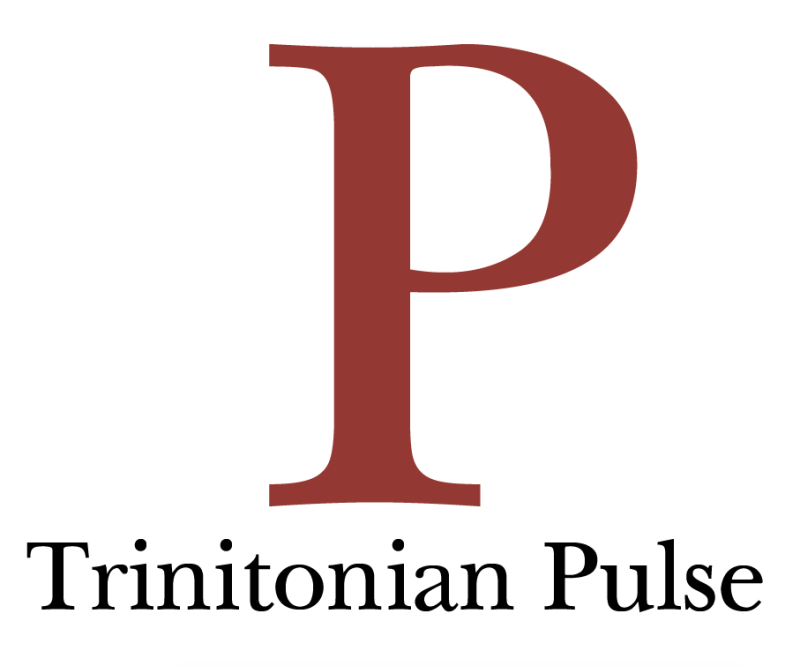Trinity University’s department of English is in the process of creating a new series of movie screenings accompanied by short lectures by members of the faculty. The endeavor is headed by professors of English Andrew Kraebel and Aaron Pratt, and began last Tuesday with the screening of “Anonymous,” a production depicting the theory that William Shakespeare did not truly author all of his works.
“”˜Anonymous’ is a movie that was released in 2011 and it was directed by this guy Roland Emmerich”¦ [who] believes that Shakespeare did not author his own plays, and that in fact they were written by a member of the elite, this guy Edward de Vere who was the Earl of Oxford,” Pratt said.
According to Kraebel and Pratt, the premise of the film is unacceptable because, in reality, many of Shakespeare’s works were issued even after Edward de Vere died in 1604. However, watching Emmerich’s film provides students with the opportunity to analyze and assess what kinds of assumptions
about Elizabethan history could lead to the creation of the conspiracy theory.
“The movie is this insane conspiracy theory, and I chose the movie because it’s a fun movie, because it’s completely insane. But, it’s also an opportunity to think critically about the assumptions that the text brings to the table [“¦] and I think figuring out what assumptions a text or an idea brings to the table is a central critical thinking skill, one that I
think is broadly applicable,” Pratt said.
The purpose of the film screening also included placing the texts read in English courses into the context of the greater world.
“I think that one of the things that was nice about [what] went into the choice of the film is that it was not just a film adaptation of a text that we teach; it allows for a”¦ way of seeing how the texts [apply] to the larger historical field, of how the texts fit into the way we imagine the world”¦ That payoff was really interesting, and we’re looking to continue things like that,” Kraebel said.
Kraebel and Pratt plan to continue the screening of films related to English-language literature. While there are no further events scheduled for this semester, students and faculty are encouraged to submit movie recommendations via email to Kraebel ([email protected]) and Pratt ([email protected]).
“[Email us] one or two sentences saying how you would imagine [the film of your choice] being a cool thing for English majors to see. [“¦] We really do want people to make recommendations because we are open [to different ideas],” Pratt said.
The film series will be open to members of all majors with the aim of encouraging critical thinking about media among students. Maria Teresa Kamel, a junior English major, believes this is a productive idea.
“I think it’s a good idea, because sometimes we get so caught up in just studying that we don’t think beyond our books, but that’s not really part of the college experience because we’re forming ourselves intellectually but we’re also going to be in the world. So, I think film in particular is really important because [with] literature, once you get into that mode of reading [into] things, you can read into anything, so you can also read into film,” Kamel said.







